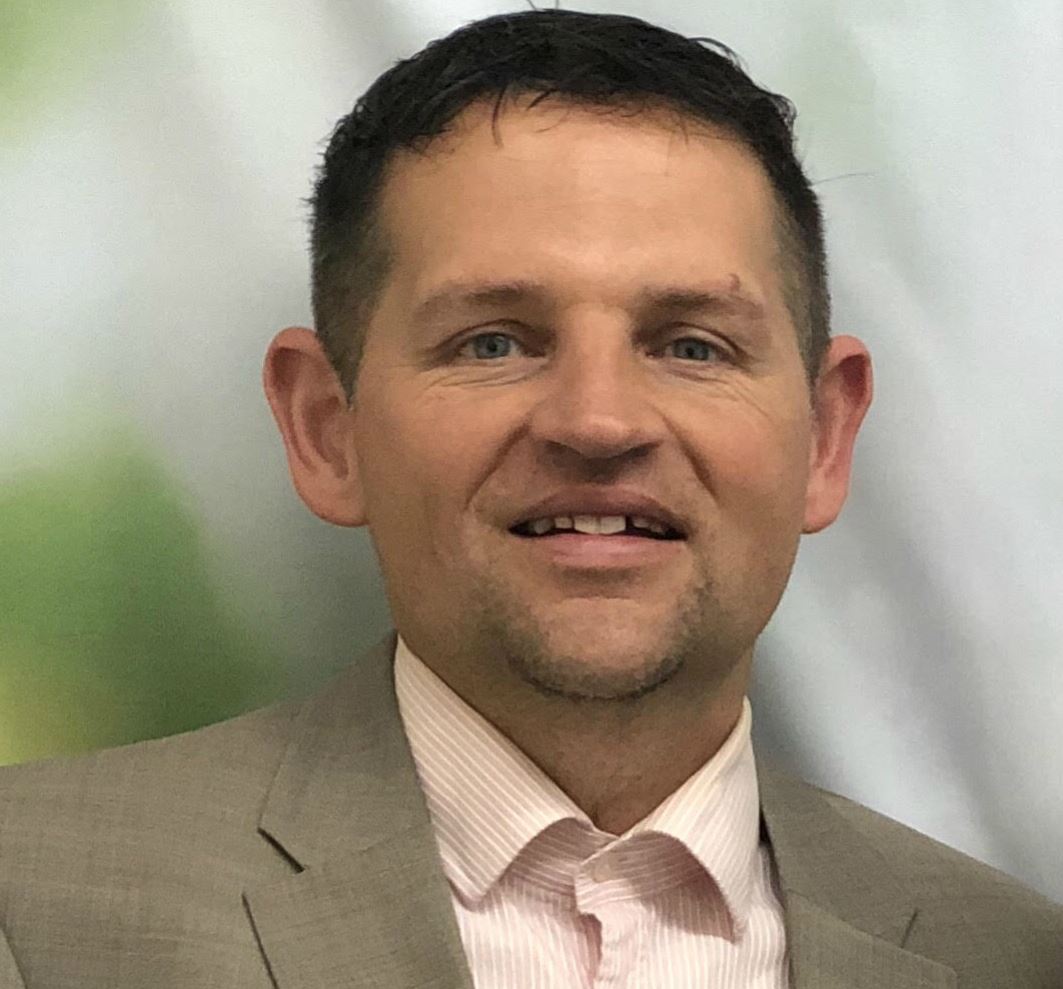How Should Pastors Speak Up about Gun Violence?

Guns and gun violence have become “hot button” topics throughout the world due to the recent mass shootings at educational institutions, musical festivals, and other places where people congregate.
Guns and gun violence, like abortion and gay marriage, have also become political stumping topics as our legislatures are battling the means and direction of their electorate. They argue over topics such as the types of guns that the citizenry should be allowed to possess and what causes a person to desire mass casualties.
Pastors have a responsibility to preach what “thus saith the Lord” – nothing more and nothing less. The faithful pastor preaches the solution in the pulpit every Sunday without having to mention the words “guns” or “gun violence.”
All violence is a direct result of man’s sinful condition.
Most pastors realize and preach that sin is the cause of gun violence and all violence in general. We solely consider violence as a sin against the flesh, but Paul taught in Galatians 5:19-21 that murder is a work of the flesh. Many of the television commentators and psychologists opine that the rash of gun violence is a new phenomenon. They pretext their argument with the easy access of weapons, namely assault rifles and semi-automatic weapons.
The presence of sin indicates a lack of Godly love.
In 1 John 3:11-12, we are specifically told of this motivation. John wrote “do not be like Cain, who belonged to the evil one and murdered his brother.” This verse is preceded by the reminder, “for this is the message you heard from the beginning, we should love one another.”
In Mark 5:1-6, Jesus visited a city and was immediately met by “a man with an unclean spirit, who had his dwelling among the tombs; and no man could bind him.” In today’s thinking, the police could not control him and his mental health therapist could not help him. Even the grave could not hold this creature from his destruction.
His infamous reputation was well-known and his violent nature was not cloaked in mystery. His victims were not premeditated. His nature was one of evil intentions.
However, when he met Jesus that day, he was cleansed of his evil spirit and as it departed the man proclaimed “great things Jesus had done for him and all men did marvel.” (Mark 5:20)
If all of the guns were rendered obsolete or taken off of the streets and out of the hands of civilians, evil would continue to persist and grow in both intensity and frequency. Firearms were not available during the times of the Bible, yet murder was a frequent occurrence throughout its passages.
Cain killed his brother Abel with a rock while other murderers used a blade as a means to end another’s life. The Bible foretold in Matthew 24:12 that “because lawlessness will be increased, the love of many will grow cold.”
Thus, the lack of love is a direct result of sin and the selfish desires of the flesh.
In Romans 1:28-32, Paul taught that the further man goes with his sin the result will be a “debased” or reprobate mind. These types are filled with “envy, murder, strife, deceit, [and] maliciousness.”
Romans 1:32 explains, “Although they know God's righteous decree that those who do such things deserve death, they not only continue to do these very things but also approve of those who practice them.
Thus, the sins of man will be celebrated and accepted by others “who practice them.”
The greater the increase of sin, violence, and evil, the greater the grace of God is reflected.
This promise was revealed in Romans 5:20, when Paul taught, “now the law came in to increase the trespass, but where sin increased, grace abounded all the more.” Paul would agree that the passage of more laws is not the remedy. He realized that the law only resulted in more disobedience.
Hebrews 8:7 reminded us “if the first covenant (the law) had been faultless, there would have been no occasion to look for a second.” The only answer for sin is salvation through Jesus Christ. He not only gives the sinner a cleansing of past sins, but He reworks and rewires the desires of the soul and heart for future obedience. This “heart transplant” is necessary for redemption of man.
Matthew 15:19 tells us “for out of the heart come evil thoughts – murder, adultery, sexual immorality, theft, false testimony, slander.” In Romans 10:13, we are promised that “for whosoever call upon the name of the Lord shall be saved.” His grace is sufficient “if we confess our sins, He is faithful and righteous to give us our sins and to cleanse us from all unrighteousness.” (1 John 1:9)
Our cleansing is complete upon salvation and performed for the purpose to be a witness testifying of His power. In Titus 2:14, we are told Jesus “gave Himself for us to redeem us from every lawless deed, and to purify for Himself a people for His own possession, zealous for good deeds.”
Just as the demon-possessed creature in Mark 5:20, we have a great testimony; and a desire to share it when we experience a great cleansing.
What are we to do?
Whenever tragedy strikes, the Christian community rightly and instantly offers prayers for the soul of the offender and all of the effected families suffering loss. In response, many bemoan “prayers aren’t enough and its time for real action.”
However, Jesus taught otherwise when He proclaimed, “if my people who are called by my name humble themselves, and pray and seek my face and turn from their wicked ways, then I will hear from heaven and will forgive their sin and heal their land.” We are quick to gloss over the key aspects of this promise.
God addresses this promise to His people, not the unsaved. The lost and unsaved are not the people from whom He demands a return.
He demands the Christians of our land to pray and ask for repentance for our sins. It is only then when He will heal our broken country. No law or political declaration will ever cleanse the heart of man.

Photo Credit: ©GettyImages/fizkes
Originally published February 12, 2024.




